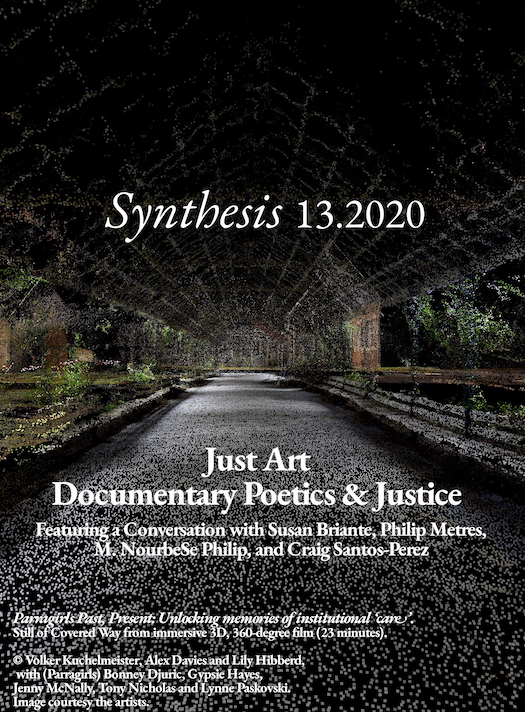Can Trauma be Told? Juridical Discourse and Affect in Vanessa Place’s Statement of Facts

Abstract
A poet and an appellate criminal defence attorney specialising in sex crimes, Vanessa Place reproduces the evidence of rape crimes presented during trials in Statement of Facts (2010). At the heart of these trials lies a trauma that legal language seeks to convey. Drawing on Jean-François Lyotard’s concepts of the differend (différend) and litigation, I ask if the documentary poem represents the traumatic event or if it simply reproduces legal language. I propose that the discourse of the law fails to account for trauma because of a mismatch between the forms of language required to establish facts in a court of law and the traumatic event itself. Yet, the transformation of this language into a poem makes it possible to indicate this mismatch while at the same time bringing the unspeakable violence of the traumatic experience to the surface of the text as read by the poet.
Article Details
- Section
- Articles

This work is licensed under a Creative Commons Attribution 4.0 International License.
The copyright for articles in this journal is retained by the author(s), with first publication rights granted to the journal. By virtue of their appearance in this open access journal, articles are free to use with proper attribution. Synthesis retains the worldwide right to reproduce, display, distribute, and use published articles in all formats and media, either separately or as part of collective works for the full term of copyright. This includes but is not limited to the right to publish articles in an issue of the Journal, copy and distribute individual reprints of the articles, authorize reproduction of articles in their entirety, and authorize reproduction and distribution of articles or abstracts thereof by means of computerized retrieval systems.



